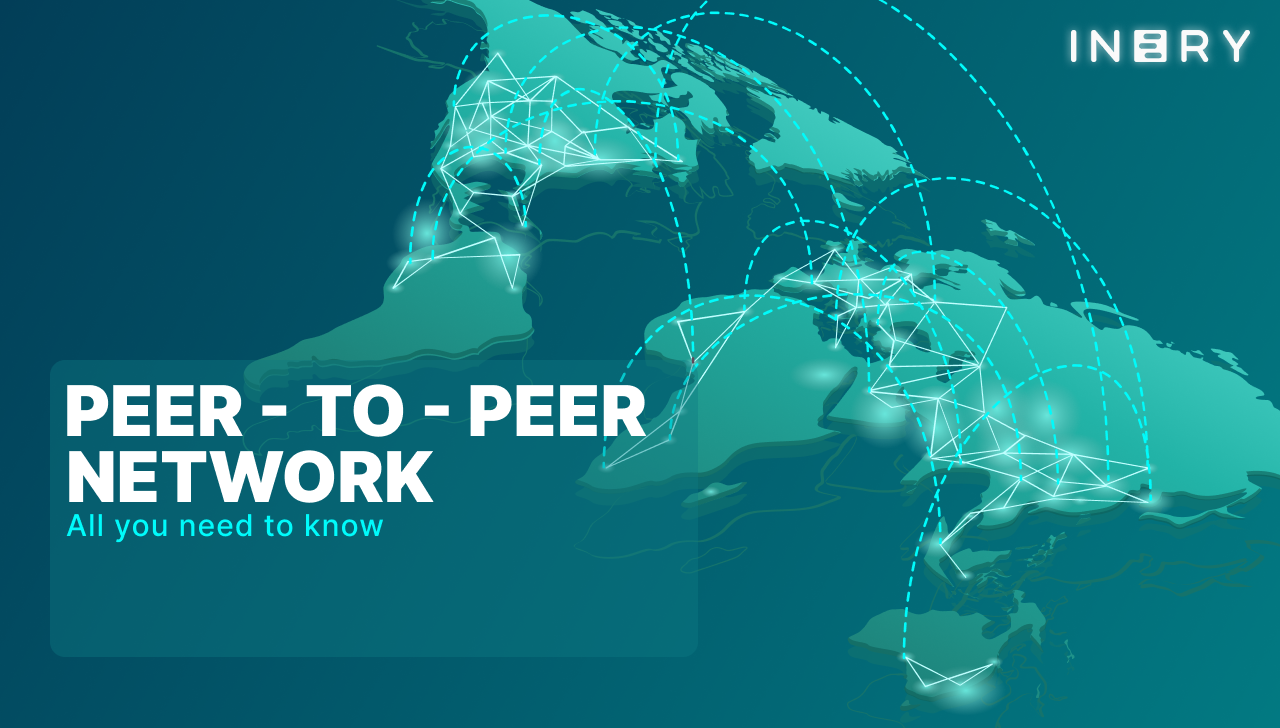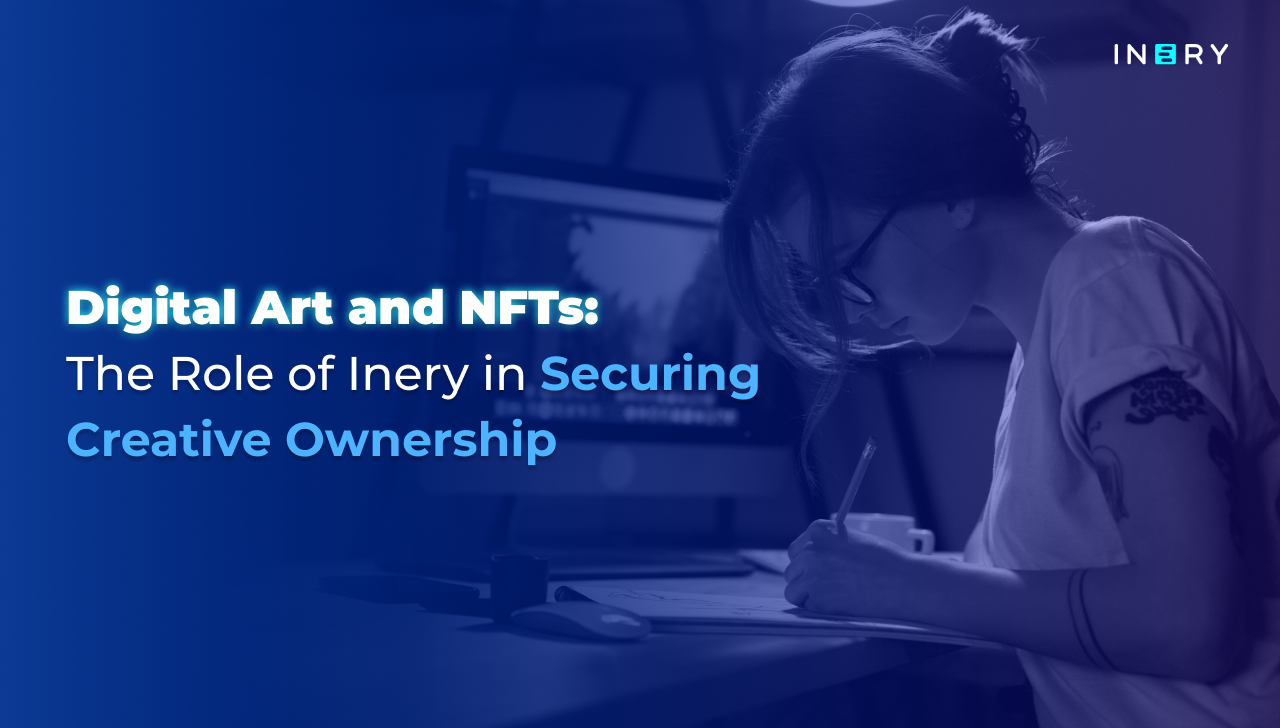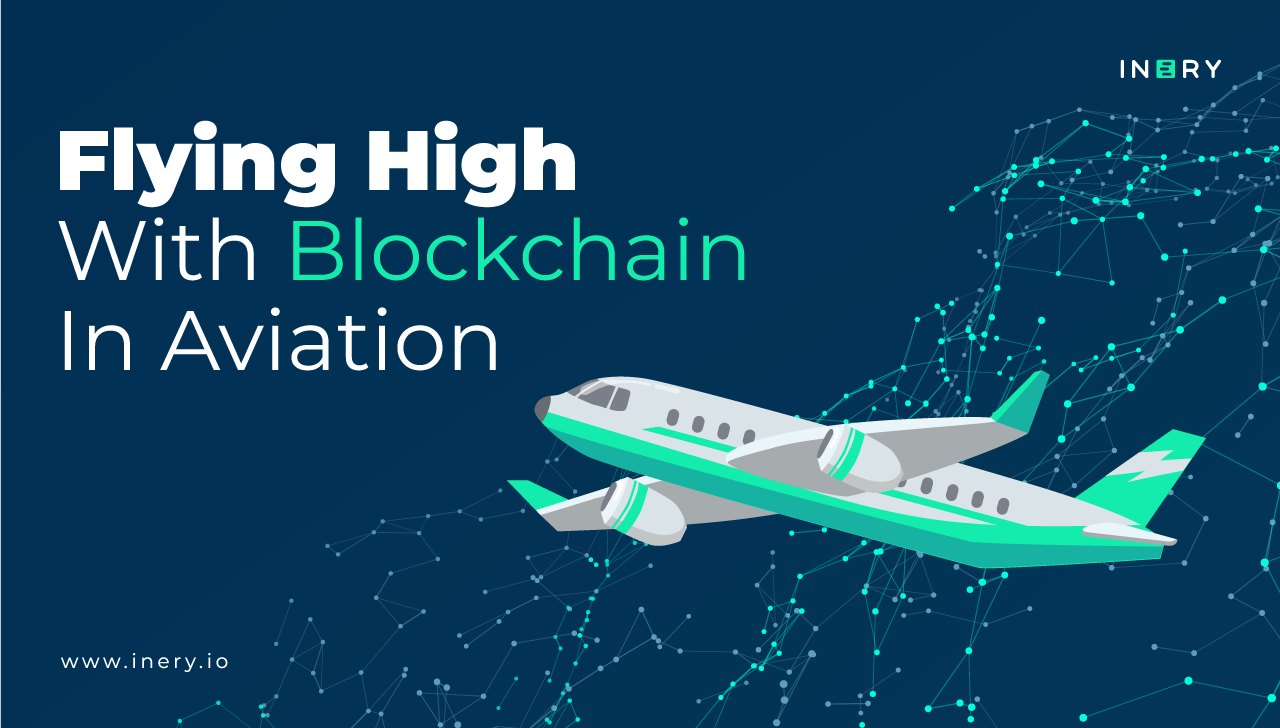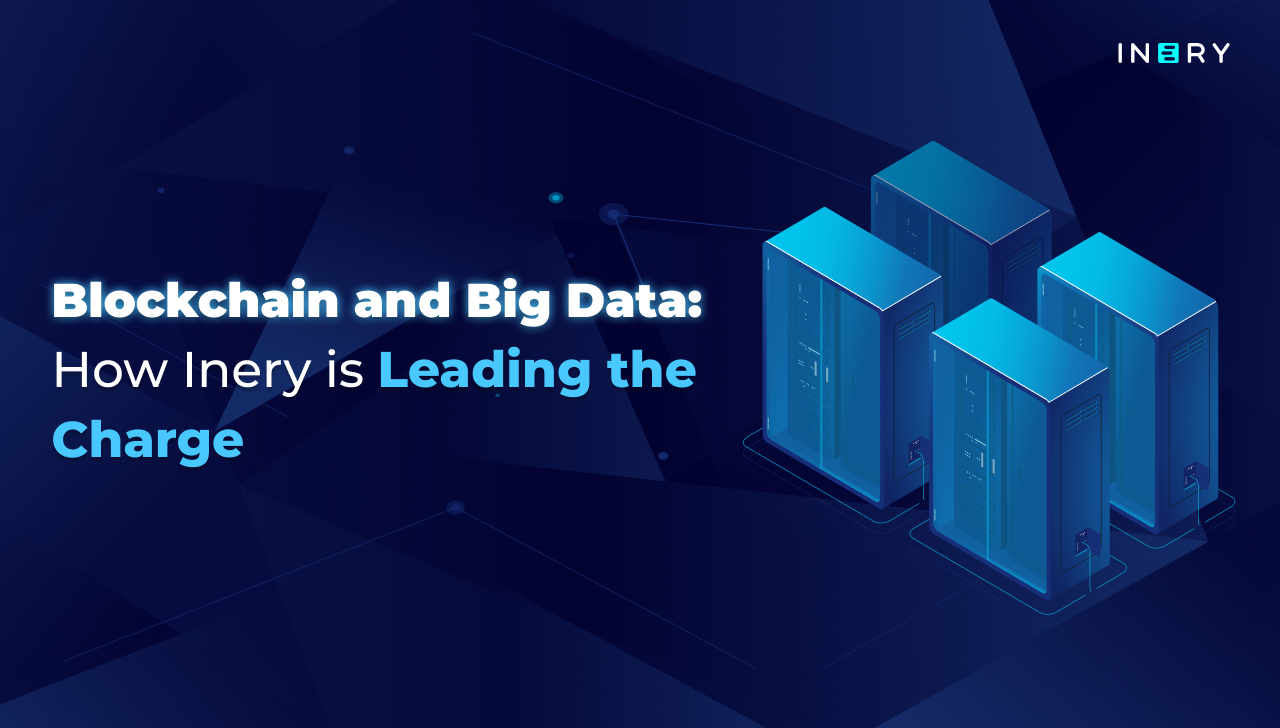Few industries have to juggle as many variables and moving parts as aviation. Passengers, luggage tracking, travel agencies, aircraft manufacturers, and many other factors create a chaotic landscape. Given how impactful random events are to the industry (weather conditions, fuel price fluctuations, and more), aviation needs a reliable, secure, and real-time source of truth.
It’s no wonder, then, that so many airlines have looked into blockchain. Distributed ledger technology (DLT) could greatly improve efficiency and compliance in aviation.
Blockchain as a Reliable Source of Truth in Aviation
The blockchain’s immutable and distributed data environment would ensure all aviation stakeholders are privy to the same, factual information. This is a great boon to an industry that so heavily relies on accurate and rapidly changing data.
For example, immutable, transparent data on the condition of airplane parts (data of installment, due date for maintenance, etc.) would cut costs spent on Maintenance, Repair, and Overhaul (MRO) services. It would also make these services more time-efficient since it would give MRO providers a better overview of where their expertise is most needed.
Meanwhile, the transparent and decentralized nature of the blockchain lends itself to tracking continuous data accurately. This is more than helpful in tasks ranging from tracking flight paths to baggage onboarding and monitoring assets like spare parts or cargo.
Keeping Aviation Systems Secure and Crash-Free
Maintaining information flow is imperative in aviation. Any unplanned downtime of a centralized database may lead to disarray: if communication between airplanes and control towers shuts down, pilots are deprived of vital information for smooth takeoffs and landings.
In this regard, the blockchain offers a sturdy infrastructure that has no single point of failure. The malfunction of a single node (or even more of them) won’t topple the system. Rather, the network will continue feeding info to all working stakeholders.
Moreover, blockchains that implement asynchronous Byzantine fault tolerance can keep airplanes’ sensory devices running without costly delays. In the face of broken sensors or those that send contradictory data, blockchain-powered airplane sensors can still reach an actionable consensus, rather than becoming paralyzed.
Blokchain’s decentralized nature proves useful in many other database security applications. For example, scheduling and ticketing systems would be far less prone to crashes or freezes. Verifying the identity of passengers would also be easier on the blockchain, given its transparent property. As such, airlines using blockchain technology have a much easier time detecting ID forgery or even attempts at terrorism.
Smart Contracts For Smarter Aviation
As previously mentioned, aviation depends on the collaboration between a variety of partners. Maintaining the documentation that records and ratifies their interactions is a time-consuming, expensive affair.
For these processes, aviation can make use of smart contracts coded on the blockchain. Smart contracts have the power to streamline a whole flurry of bureaucratic processes, many of which hamper aviation’s productivity. They could hasten any invoicing, settlement, accounting, or reconciliation efforts, to name a few.
For a more concrete example, a smart contract could oversee payment upon delivery of a service. Once supplied, the service is examined for compliance with the parameters defined in the contract. If all conditions are satisfied, the contract automatically ends and is recorded on the ledger.
Another interesting use for smart contracts in aviation would be something akin to a smart ticket. For one, the ticket would be digitized, removing the need for a hard copy. However, this smart ticket could also hold information like access to the airport lounge or other business-class or first-class privileges.
Streamlining the Customer-Service Journey
Since the blockchain removes the need for intermediaries, airline customers can enjoy direct access to the services they need. As such, some potentially unnecessary third parties could be removed from the equation, saving time for all stakeholders and increasing revenue for the industry.
The blockchain may impact the dynamic between customers and ticketing the most. Entities like travel agents are most commonly the ones providing these services to consumers. They also book reservations and organize tours, making them a centralized entity prone to errors or even malfeasance. Without them, customers are free to interact directly with the suppliers they want or need.
Inery: Elevating Aviation Into a Smart Future
Inery’s database management solution is based on a proprietary layer-1 blockchain. The features of this blockchain are an ideal fit for any aviation company aspiring to revolutionize their data capabilities.
All data stored on the Inery blockchain is immutable, granting users an unquestionable source of truth. As such, information on the maintenance needs of airplane parts or the location of luggage and cargo is free of corruption or intentional meddling. The transparency of the network also allows members to easily track all the data crucial for informed, on-the-fly decision-making. In addition, MRO efforts are reduced, while aircraft turn-around time is increased.
The Inery blockchain makes use of asynchronous Byzantine Fault Tolerance to ensure consensus is reached even if certain nodes fail to send signals on time. However, it also works on the Self-Delegated Proof of Stake consensus protocol, which keeps the network safe and maintains a high data throughput.
Meanwhile, Inery’s value contracts enable the creation of customizable, self-executing agreements between stakeholders. Through the value contract, airlines have the power to streamline red tape, cutting costs and time.
The chaotic data world of aviation needs a bulletproof way to manage databases. Inery’s blockchain solution brings profitability, reliability, and security to the table. So take a quantum data leap with Inery, and harness decentralization in a sustainable, highly secure, and cost-effective way

Inery•
3 years ago
Inery’s Peer-to-Peer Network
Inery’s blockchain network: All you need to know. ...READ MORE

Share

Inery•
1 year ago
Digital Art and NFTs: The Role of Inery in Securing Creative Ownership
Explore the evolution of art ownership from traditional to digital realms, the rise of NFTs, and the unique challenges they present. Discover how Inery's blockchain technology secures creative ownership and enhances the digital art ecosystem. ...READ MORE

Share

Inery•
3 years ago
Our Vision for the Web: Empower Users, Not Internet Monopolies
Taking back the control of users’ data from tech monopolies and instead empowering users. ...READ MORE

Share

Inery•
3 years ago
Web5: What is the buzz all about ?
Here’s decoding web5, what it means, and what the buzz is all about. ...READ MORE

Share
Most popular today



-1715854000.png)